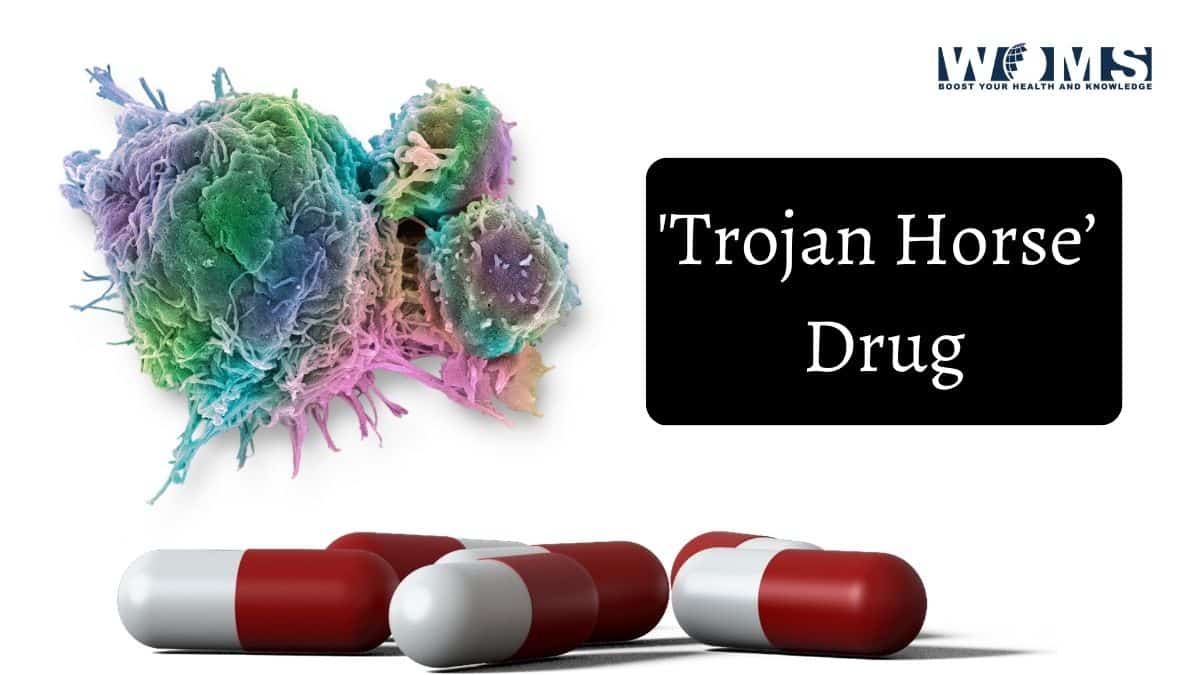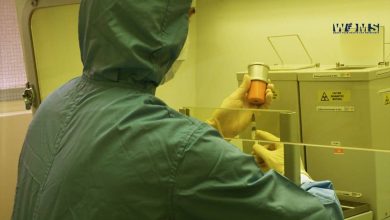Fruitful Testing the Cancer-Killing ‘Trojan Horse’ Drug

The Core
The University of Edinburgh has again excelled in amazing us. Yes, thanks to the scientists at Edinburgh for doing a successful test of the ‘Trojan Horse’ drug and targeted different cancerous and bacterial cells. The good news is that the scientists have done so without damaging the adjacent healthier tissues.
Background
Scientific minds at the University of Edinburgh did miraculous research by combing two components. They joined chemical food substance and tinier molecules SeNBD. SeNBD is a can-killing molecule. Well, who knew scientists will be using the ‘Trojan Horse’ drug for saving lives?
This intelligent combination is capable of tricking the malignant cancerous cells and lead them to ultimate ingestion.
The study was peer-reviewed. Scientists use cells of humans and zebrafish for experimental study. However, the scientists have expressed the need to do further studies for confirmation. So, that the safety and swiftness of the method are proved in earlier stages of the cancer cells in addition to bacteria having drug resistance. So, the ‘Trojan Horse’ drug is the new miracle drug.
Using ‘Trojan Horse’ Drug Intelligently
What’s the Underlying Trick
The trick of using food items is a good one. Because you see the cancer cells are very greedy and they love to have higher quantities of food for fulfilling their energy needs. In fact, they are known for ingestion of food to a greater extent in comparison to the healthier cells. These are the statements issued by the scientists at the University of Edinburgh. However, for the time being, we can trust the cancer-killing drug for making difference.
So, the scientists used the food substance to target the cancer cells by making it a good prey material for the harmful cancer cells. And the wonderful thing is that the malignant cells have no idea that they are going to be doomed. So, scientists have taken advantage of this non-awareness of the malignant cells to target them.
It is quite intelligent of the Edinburgh scientists to use the toxicity against malignant cancer cells by combining with food material.
Scientific Proceeding | ‘Trojan Horse’ Drug
The scientific publication in the journal Nature Communications is the scientific proof of the suitability of the ‘Trojan Horse’ drug for targeting cancer cells.
Professor Marc Vendrell is the Chairperson of translational chemistry and Biomedical Imaging at the University of Edinburgh. He led this scientific research venture. He expressed his views as: “This research represents an important advance in the design of new therapies that can be simply activated by light irradiation, which is generally very safe.”
‘Trojan Horse’ Drug | Strength & Safety
Today’s ‘Trojan Horse’ drug actually originated from the Greek myth of ‘Trojan Horse’. The Greek soldiers are known for offering Troy city a big horse made from wood. They did so in a bid for securing safe passage to home. So, in simple words, we can say ‘Trojan Horse’ is the symbolism of strength and safety.
In a similar manner, the ‘cancer killing’ drug is safe against malignant cancer cells. Also, it is gaining strength against cancerous cells.
Wrapping Up On ‘Trojan Horse’ Drug
Though there are always chances for improvement in any domain. So, it is true for cancer and its related drugs. Humanity must be grateful to the scientific minds targeting cancer cells through the ‘Trojan Horse’ drug. However, time will be a better determinant of the utilization of the ‘Trojan Horse’ drug for targeting cancerous cells.
General FAQs
Which drugs are is typically used for the treatment of cancer?
Though, there are many drugs used for treating cancer. However, some of them are very typical. For example, they are methotrexate, 5-fluorouracil, gemcitabine, and 6-mercaptopurine. They are used for treating different types of cancerous cells e.g. cancer of intestines, ovaries and breasts.
What was the last latest drug before ‘Trojan Horse’ drug?
Before testing ‘Trojan Horse’ drug on cancer cells, medical doctors have been using tisagenlecleucel (Kymriah) for treating cancer in different people. However, the work is ongoing in this domain and scientists are trying to develop new kinds of treatments which are more effective, strong and safe for non-target cells.




